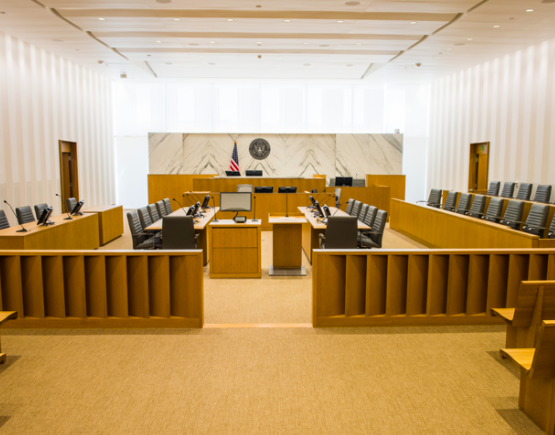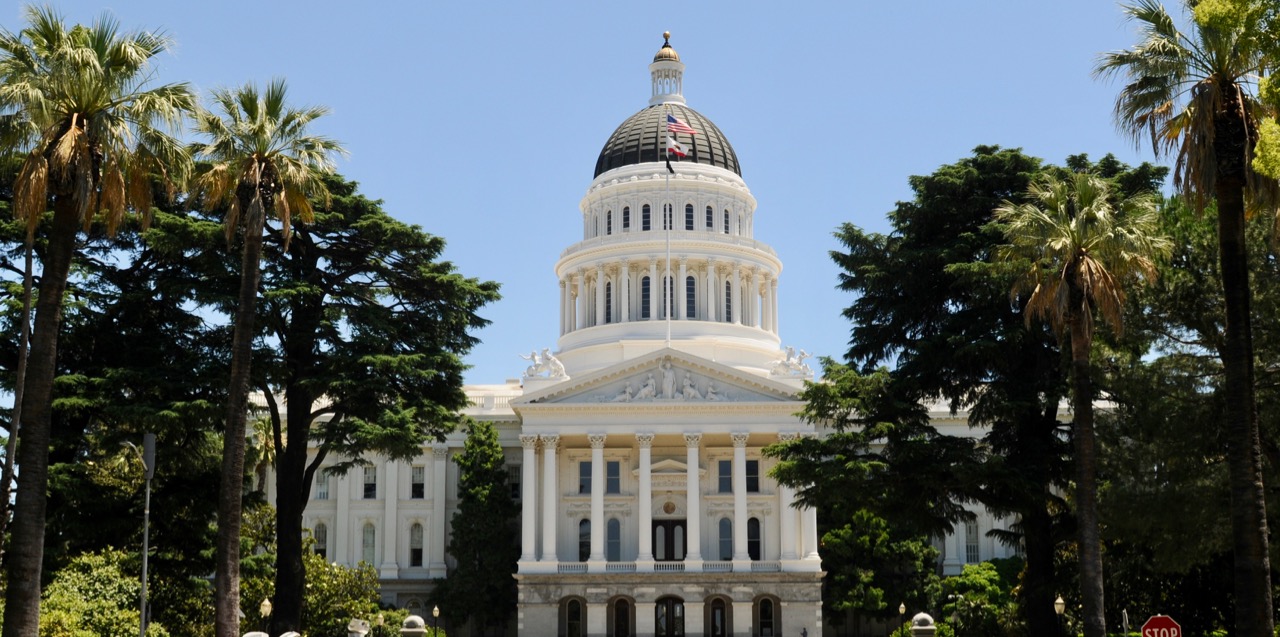
Central District of California in Los Angeles courtroom. (Photo: uscourts.gov)
California Courts of Justice and Trial Preferences
In a case of a health provider’s alleged professional negligence, a plaintiff receives a trial date between six months and nine months
By Chris Micheli, October 15, 2024 1:00 pm
In the California Code of Civil Procedure, Part 1, Title 1, Chapter 1, there are provisions related to courts of justice in general. Section 35 provides that proceedings in cases involving the registration or denial of registration of voters, the certification or denial of certification of candidates, the certification or denial of certification of ballot measures, election contests, and other cases are placed on the calendar in the order of their date of filing and be given precedence.
Section 36 specifies that a party to a civil action who is over 70 years of age may petition the court for a preference, which the court is required to grant if the court makes two specified findings. In addition, a civil action to recover damages for wrongful death or personal injury is entitled to preference upon the motion of any party to the action who is under 14 years of age, with an exception.
Unless otherwise ordered by a court, a party may file and serve a motion for preference supported by a declaration of the moving party and at any time during the pendency of the action, a party who reaches 70 years of age may file and serve a motion for preference.
Moreover, in its discretion, the court may grant a motion for preference that is accompanied by clear and convincing medical documentation that concludes that one of the parties suffers from an illness or condition raising substantial medical doubt of survival of that party beyond six months, and that satisfies the court that the interests of justice will be served by granting the preference.
Upon the granting of a motion for preference, the court is required to set the matter for trial not more than 120 days from that date and there are no continuances beyond 120 days from the granting of the motion for preference, with exception, but no more than 15 days.
In a case based upon a health provider’s alleged professional negligence, a plaintiff receives a trial date not sooner than six months and not later than nine months from the date that the motion is granted.
Section 36.5 specifies that an affidavit submitted in support of a motion for preference may be signed by the attorney for the party seeking preference based upon information and belief as to the medical diagnosis and prognosis of any party.
Section 37 requires a civil action to be entitled to preference, if the action is one in which the plaintiff is seeking damages which were alleged to have been caused by the defendant during the commission of a felony offense for which the defendant has been criminally convicted.
Section 38 provides that, unless the provision or context requires, a reference in a statute to a judicial district means that it relates to a court of appeal district or a superior court county.
- Petitions and Responses in Arbitration - December 29, 2025
- Wage Garnishment in California - December 29, 2025
- Adoption of Unmarried Minors - December 28, 2025



